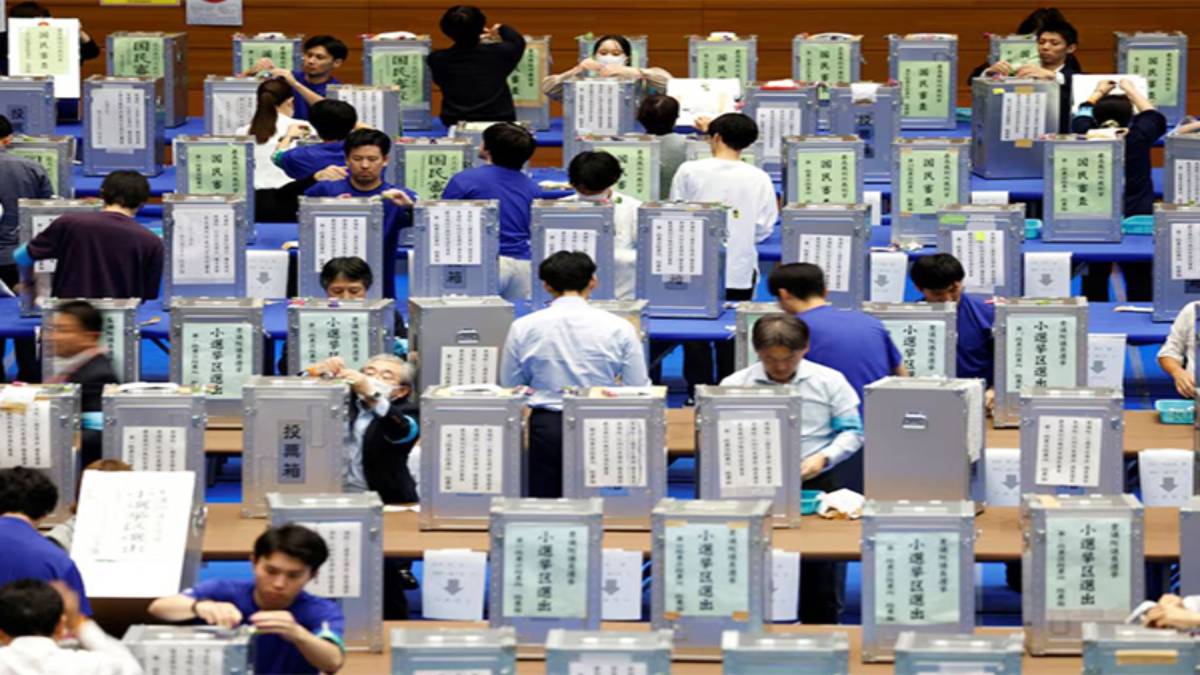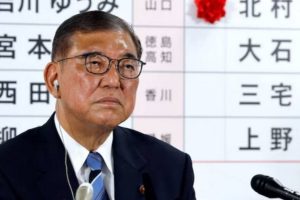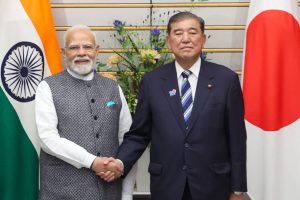Voting is underway in Japan’s House of Councillors election, with the political fate of Prime Minister Shigeru Ishiba’s ruling coalition hanging in the balance. Amid surging public frustration over inflation and rising support for emerging parties, the election outcome could reshape Japan’s political landscape, Kyodo News reported.
A total of 125 seats are being contested in this cycle of the 248-member Upper House. The ruling Liberal Democratic Party (LDP), led by PM Ishiba, needs to secure at least 50 seats to maintain a majority, as it already holds 75 uncontested seats from the previous cycle. The outcome is expected to significantly impact the government’s legislative capabilities — and potentially Ishiba’s own premiership.
Unlike the more fluid House of Representatives, Upper House members serve fixed six-year terms, with elections held every three years to renew half the chamber. Of the seats up for grabs in this election, 75 are being decided in electoral districts, 50 through proportional representation, and one to fill a vacancy. Over 520 candidates are in the fray.
Pre-election surveys suggest a challenging path for the LDP-Komeito coalition, as support grows for opposition parties and smaller political forces. The campaign has focused on core voter concerns including the rising cost of living, social security, population decline, and Japan’s foreign policy, especially its negotiations with the United States on tariffs.
PM Ishiba has spent the 17-day campaign period rallying support to reaffirm confidence in his administration, which is grappling with growing economic anxiety. Opposition parties — notably the Democratic Party for the People and the Japan Innovation Party — have unified around proposals to reduce or abolish the consumption tax to ease inflationary pressures on households.
A notable force in this election is the populist Sanseito party, which has seen a rise in support — particularly among younger voters — through its strong social media presence and nationalist rhetoric. Its slogan, “Japanese First”, has appealed to conservative voters but also drawn criticism for its hardline stance on foreigners, which some have labeled xenophobic.
As polls continue throughout the day, all eyes remain on whether the ruling coalition can weather the challenge or if a shift in power dynamics is on the horizon for Japanese politics.





